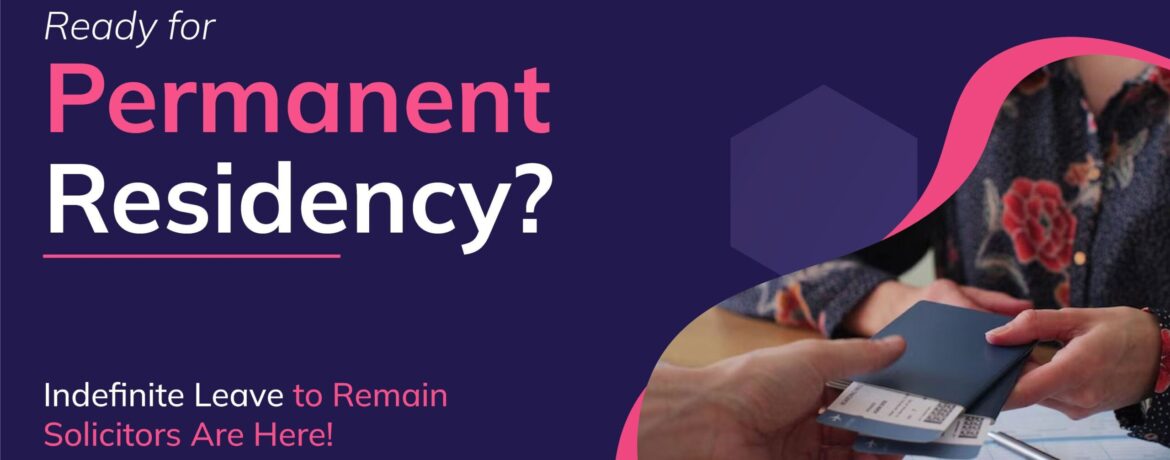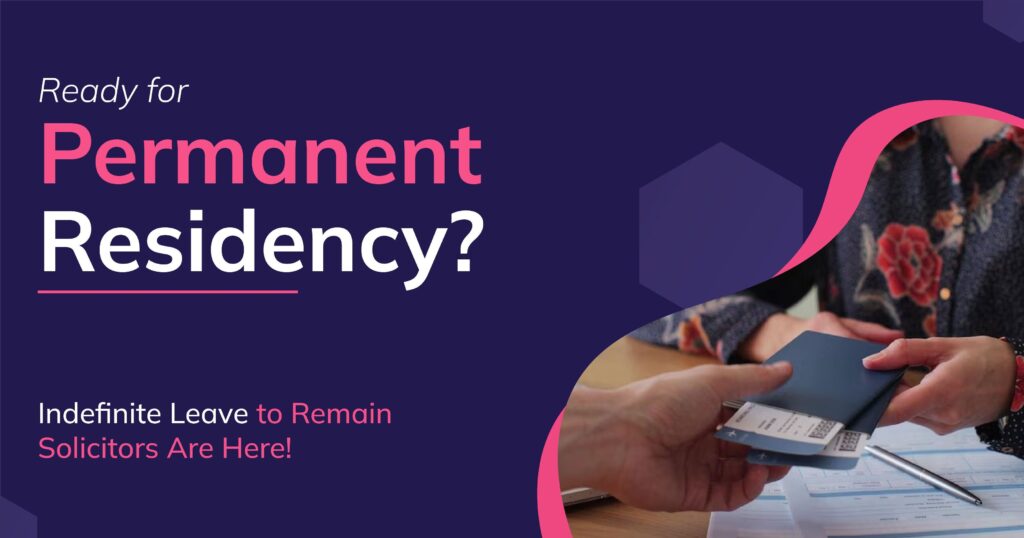
Ready for Permanent Residency? Indefinite Leave to Remain (ILR) Solicitors Are Here!

Indefinite Leave to Remain (ILR) stands as a significant milestone for individuals seeking permanent residency in the UK. It grants the right to live and work in the country indefinitely, free from immigration restrictions. This status also provides access to various benefits, education, and healthcare services. Given the importance of ILR, it’s crucial for applicants to seek guidance from experienced indefinite leave to remain solicitors specialising in this area of law. Our team of seasoned UK immigration experts is dedicated to ensuring that applicants meet the stringent requirements set by the Home Office, increasing their chances of a successful ILR application on the first attempt. You can reach out to us by calling 0800 970 2727 or sending us an email through our contact form. We’ll reply quickly and give you the help you need.
What is indefinite leave to remain (ILR)?
Indefinite Leave to Remain (ILR) signifies a migrant’s entitlement to reside permanently in the UK without being subject to immigration restrictions. ILR, commonly referred to as settlement, settlement visa, or permanent residence, allows individuals and their families to establish permanent roots in the UK without needing to apply for another visa to live, work, or study. It serves as a vital step towards eventual British citizenship.
With ILR status, individuals gain the following privileges:
- Freedom to live, study, and work in the UK without any restrictions.
- Access to public funds, including benefits.
- Eligibility for healthcare services through the UK’s National Health Service (NHS).
- The ability to travel freely in and out of the UK, with careful consideration to maintain ILR status.
- The option to apply for British citizenship after completing a designated period of ILR residency.
Who Can Apply for Indefinite Leave to Remain (ILR)?
Eligibility for Indefinite Leave to Remain (ILR) in the UK is granted to specific categories of individuals by the UK Home Office. These categories are determined based on various factors, including the duration of legal residence within the UK. Applicants must meet certain criteria to qualify for ILR.
Depending on the type of visa an individual holds and the length of their stay in the UK, the following categories are eligible to apply for ILR:
- Spouses under a marriage visa: Required to have resided in the UK for a minimum of 5 years (if the visa was issued after July 9, 2012).
- Ancestry visa holders: Must have lived in the UK for 5 years.
- Work permit holders: Eligible after residing in the UK for 5 years.
- Holders of any type of UK visa: Qualify for ILR after 10 years of residence.
- Investors: Required to have continuous residence in the UK for 5 years.
- Writers, composers, or artists: Eligible after continuous residence for 5 years.
- Retired persons of independent means: Must have continuously resided in the UK for 5 years.
- Refugees and individuals granted humanitarian protection upon entry to the UK.
These categories represent individuals who have legally lived within the UK for specified durations, meeting the criteria set forth by the UK Home Office for obtaining ILR status.
Routes to obtaining Indefinite Leave to Remain (ILR) in the UK
Routes to obtaining Indefinite Leave to Remain (ILR) in the UK vary depending on an individual’s circumstances and immigration history. If an individual has lawfully resided in the UK under a settlement visa, they become eligible to apply for ILR once they meet the minimum residency requirement specific to their visa type. Additionally, applicants must satisfy other stipulated criteria.
Visas and routes that can lead to indefinite leave-to-remain (ILR) status include:
- Spouse Visa
- Unmarried Partner Visa
- Family Visa
- Global Talent Visa
- Investor Visa (Tier 1)
- Innovator Visa
- Start-Up Visa
- Skilled Worker Visa
- Sportsperson Visa (T2)
- Minister of Religion Visa (T2)
- Senior or Specialist Worker Visa
- UK Ancestry Visa
- Retired Person Visa
- Long residence
- Returning resident
Moreover, eligibility for ILR can also be attained through less conventional routes that do not require holding a specific visa.
To be eligible for Indefinite Leave to Remain (ILR) through long residence in the UK, several requirements must be met. Firstly, individuals must possess permission to stay in the UK, commonly referred to as ‘leave to remain’. Additionally, applicants must fulfil the following criteria:
- Legally residing in the UK for at least 10 years, showing continuous residence.
- Compliance with the terms and conditions of their UK visa throughout their stay.
- Individuals aged between 18 and 65 years old must pass the UK Government’s Life in the UK Test and
- Demonstrating sufficient proficiency in the English language.
If an applicant fails to meet the above requirements, they can apply for an extension of their long residence.
- The 10-year qualifying period for continuous residence begins either from the date of arrival in the UK with a visa or from when the Home Office grants permission to stay. It is imperative to ensure that the continuous residence requirement is met to qualify for Indefinite Leave to Remain. Continuous residence refers to the uninterrupted period an individual has stayed in the UK without any significant gaps.
- During the continuous residence period, applicants can leave the UK for up to 180 days at a time or 540 days. However, time spent in certain institutions, such as prisons, young offender institutions, or secure hospitals, as well as in Ireland, the Isle of Man, or the Channel Islands, cannot be counted towards the continuous residence requirement.
- Applicants should also be aware of the fees associated with applying for Indefinite Leave to Remain. The Home Office charges a fee of £2,389 for applicants, with an additional charge of £100 to £200 for biometric information (fingerprints and a photo) to be taken.
What is the Continuous Period of Stay in the UK?
The continuous period of stay in the UK refers to the duration spent within the country without travelling abroad within a year. This period is calculated from either the date of arrival in the UK or the day the individual has been granted a visa. It is the qualifying period and is used to assess eligibility for obtaining Indefinite Leave to Remain (ILR) in the UK. Typically, there is an allowable absence from the UK during the qualifying period, commonly set at 180 days in a year.
In exceptional cases, individuals may still be eligible to settle in the UK regardless of the number of continuous years spent in the country.
Individuals Ineligible for ILR
- Despite belonging to eligible categories, there are factors that can render an ILR applicant ineligible for settlement in the UK. These include:
- Spending a long time outside the UK during the qualifying period.
- Failure to fulfil tax obligations, particularly applicable to those staying in the UK under a Tier 1 General Visa.
- Submitting the application earlier than permitted, without meeting the required time period.
- Failure to submit necessary documents as required by the Home Office.
- Having a negative immigration history, such as illegal immigration.
- Criminal convictions may result in delays and affect eligibility for a permanent residence permit.
Common reasons for refusal of ILR application
Various factors may lead to the rejection of an Indefinite Leave to Remain (ILR) application. These reasons include:
- Criminal record: Applicants with a history of criminal activity may have their ILR application refused.
- False information: Providing inaccurate or misleading information in the application can result in rejection.
- Failure to meet eligibility requirements: Commonly, applicants are denied ILR because they have not met the full qualifying period on an eligible visa.
- Previous exclusion from the UK: Individuals previously excluded from the UK may face refusal of their ILR application.
- Not deemed conducive to the public good: If an applicant’s approval is considered detrimental to public welfare or security, their ILR may be refused.
- Involvement in sham marriages or civil partnerships: Participation in fraudulent marriages or civil partnerships can lead to application rejection.
- Previous breach of immigration laws: Individuals who have previously violated immigration laws may have their ILR application refused.
- Failure to provide required information: Incomplete or missing documentation may result in the refusal of an ILR application.
Need help with the ILR application?
If you need help with your ILR application, it’s a good idea to get advice from professionals because the process can be complicated. Our team of immigration lawyers is ready to assist you.
You can reach out to us by calling 0800 970 2727 or sending us an email through our contact form. We’ll reply quickly and give you the help you need.


